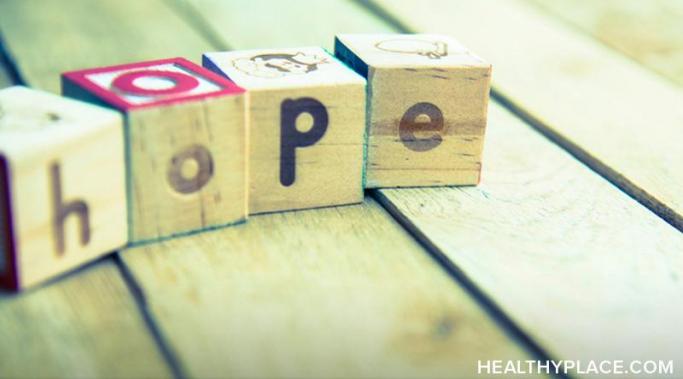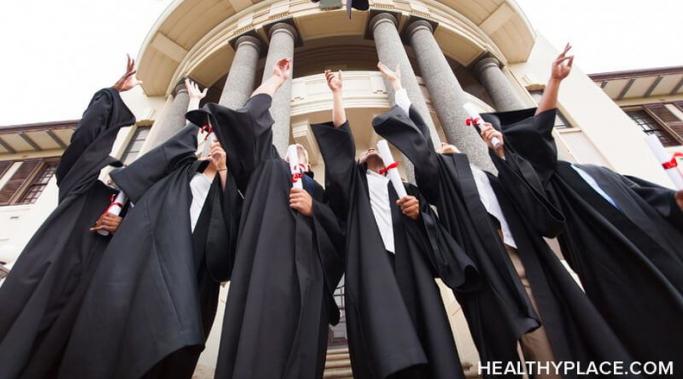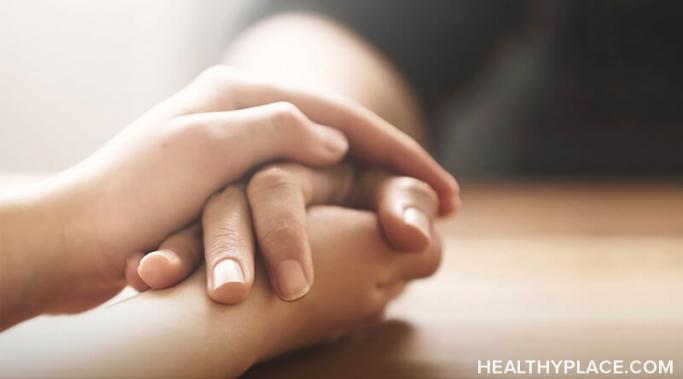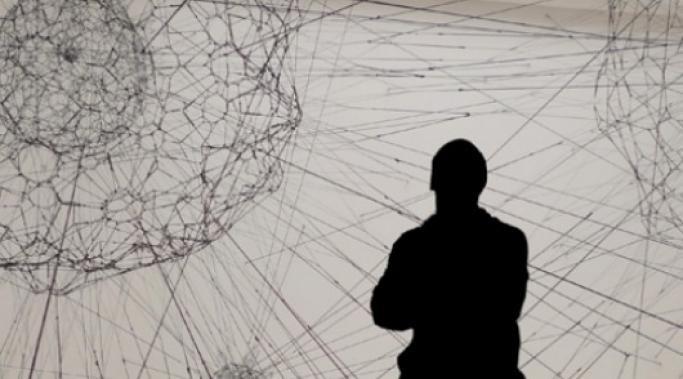I love being a mental health worker in Toledo, but I see our city named on all sorts of lists: "most stressed-out cities," "high violent crime rates," and even "least-livable cities."
Poverty and Mental Health
Working while on disability should not be penalized. I used to work in a restaurant for $8.25 an hour for 20 hours a week. I reported this income to Social Security, and my Supplemental Security Income (SSI) benefits were terminated. Not only that, but the government told me they overpaid me and I had to pay the money back--all at once. This is not right. Working while on disability should not be penalized.
The government can help people with mental health issues. I am on Social Security Disability Insurance (SSDI) and Supplemental Security Income (SSI) and run a small freelance writing business (How To Get Disability Benefits For Mental Illness). Until recently, I could not get insurance because of my schizophrenia being a pre-existing condition, which forced me to stay on disability so I could get Medicare and Medicaid so I wouldn't be wiped out again if I were hospitalized. This meant I had to watch my income. So I have plenty of ideas about how the government can help people with mental health issues.
There are three things besides treatment mental health consumers need. I have an interesting life. I am a low-income mental health consumer, and most of the people I know are either treatment professionals or low-income mental health consumers (Reach Out To The Right People For Mental Health Help). We have many needs--obviously treatment is one of them--that people may not consider. So here are three things mental health consumers need (besides treatment).
White privilege in mental illness is no surprise to many minorities. The case of Natasha McKenna in Fairfax, Virginia--you know, the #BlackLivesMatter death no one is writing about--is an example. McKenna, a petite African-American woman diagnosed with schizophrenia at age 12--died while in police custody. She had been taken out of the psychiatric ward by police, but from there the story gets murky. What is known is that she was beaten by police, then tasered four times while handcuffed behind her back, shackled and in a spit hood. She died from her treatment--which probably would have been vastly different if she weren't a poor black woman. We are long overdue for a conversation on white privilege and mental illness.
I have heard a phrase repeated by some in the mental health community. “We just want to be treated like everyone else.” Really? I don’t. Why? Because I certainly am not like everyone else and if you apply their standards to me I lose.
Another thing I’ve heard. People with mental illness should be held accountable for their actions just like everyone else—there it is again, “just like everyone else.” I understand the sentiment. It may be what they’re saying is “we don’t want to be discriminated against. Treat us like everyone else.”
Poverty Mindset
Poverty mindset is a term that comes up from time-to-time as a root cause of inner-city violence, lower standardized test scores, lower IQ and many other maladies. Can poverty in childhood also lead to changes in adult cognitive abilities?






